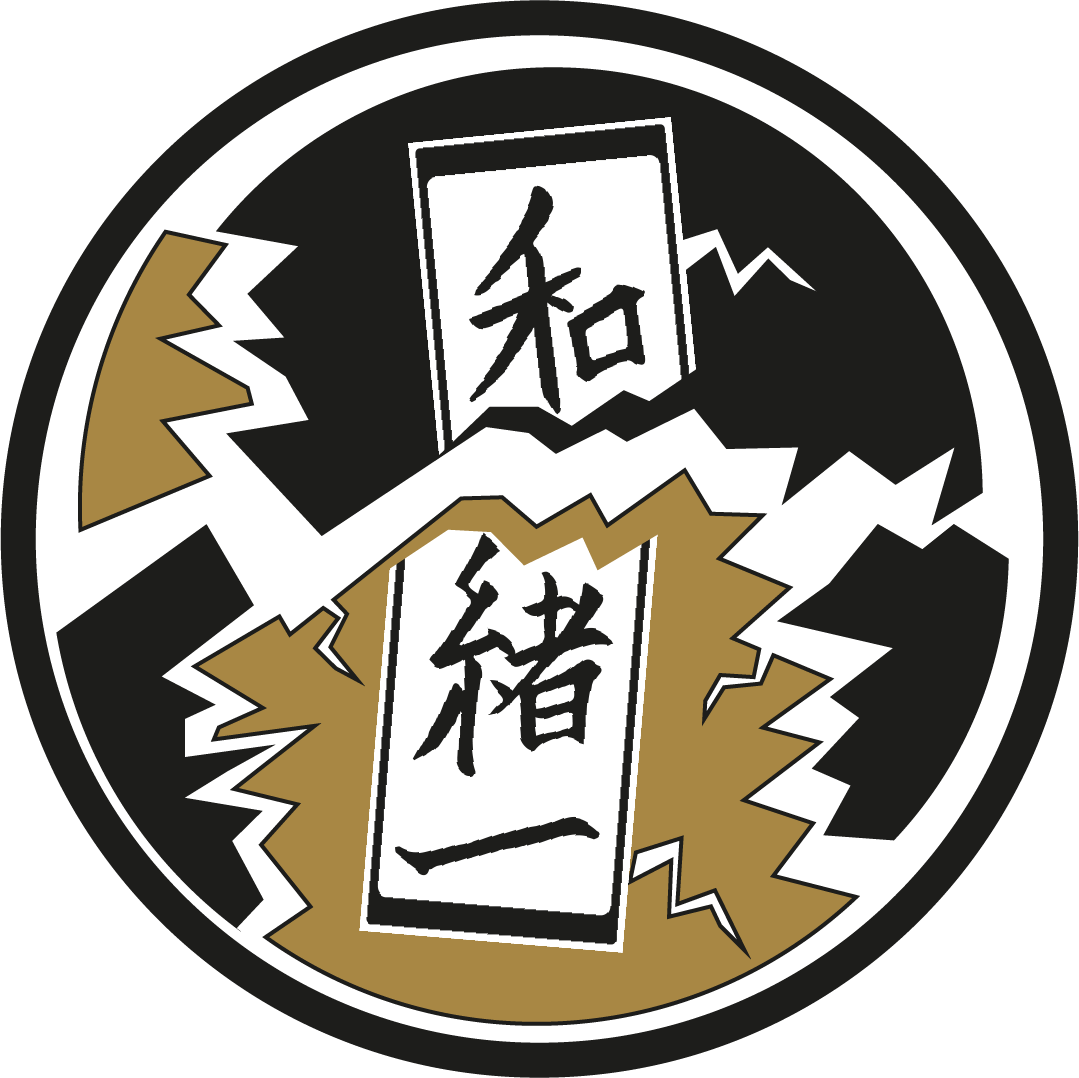Wasei-eigo: Creative Confusion
© Japan Railpass Now (Australia)
When languages make use of each other the outcome can be quite creative – and at times confusing. At first glance wasei-eigo 和製英語, ‘Japanese made English’, looks like loanwords, which makes it seem that understanding them should be rather easy. However, compared to ‘normal’ loanwords, which simply undergo some phonetic adaptations to make pronunciation easier in Japanese, wasei-eigo always includes a shift in meaning. Take sofuto ソフト, for example; it stands for ‘soft ice’, a type of ice cream. The adjective alone came to be used to describe the delicious sweet dessert now – so, through abbreviation, the adjective became a noun.
A different kind of shift in meaning can be found in terebi tarento テレビタレント . If your guess was that this expression represents a winner of a talent show on TV, you’re wrong. A ‘TV talent’ is a TV personality, like Oprah Winfrey, for example. A specific combination of words resulted in a commonly used term here – a new compound. Creation of new compounds, ‘wannabe loanwords’, so to say, is not limited to the Japanese language. For instance, ‘showmaster’ is a compound that doesn’t exist as such in English, but in German refers to a ‘talk show host’.
Written by Jannick Scherrer

